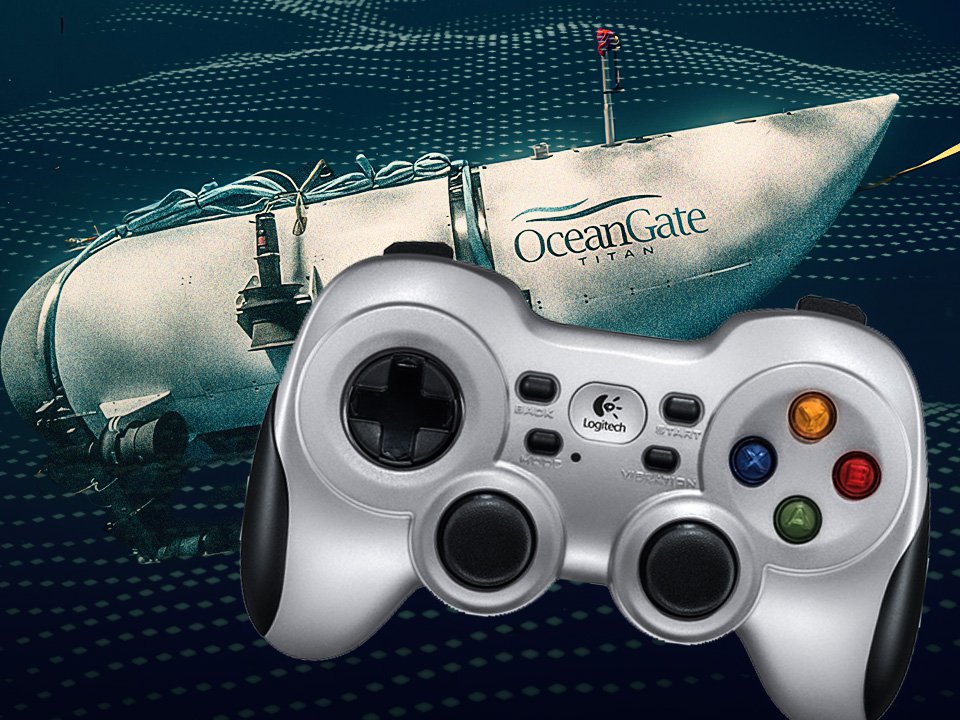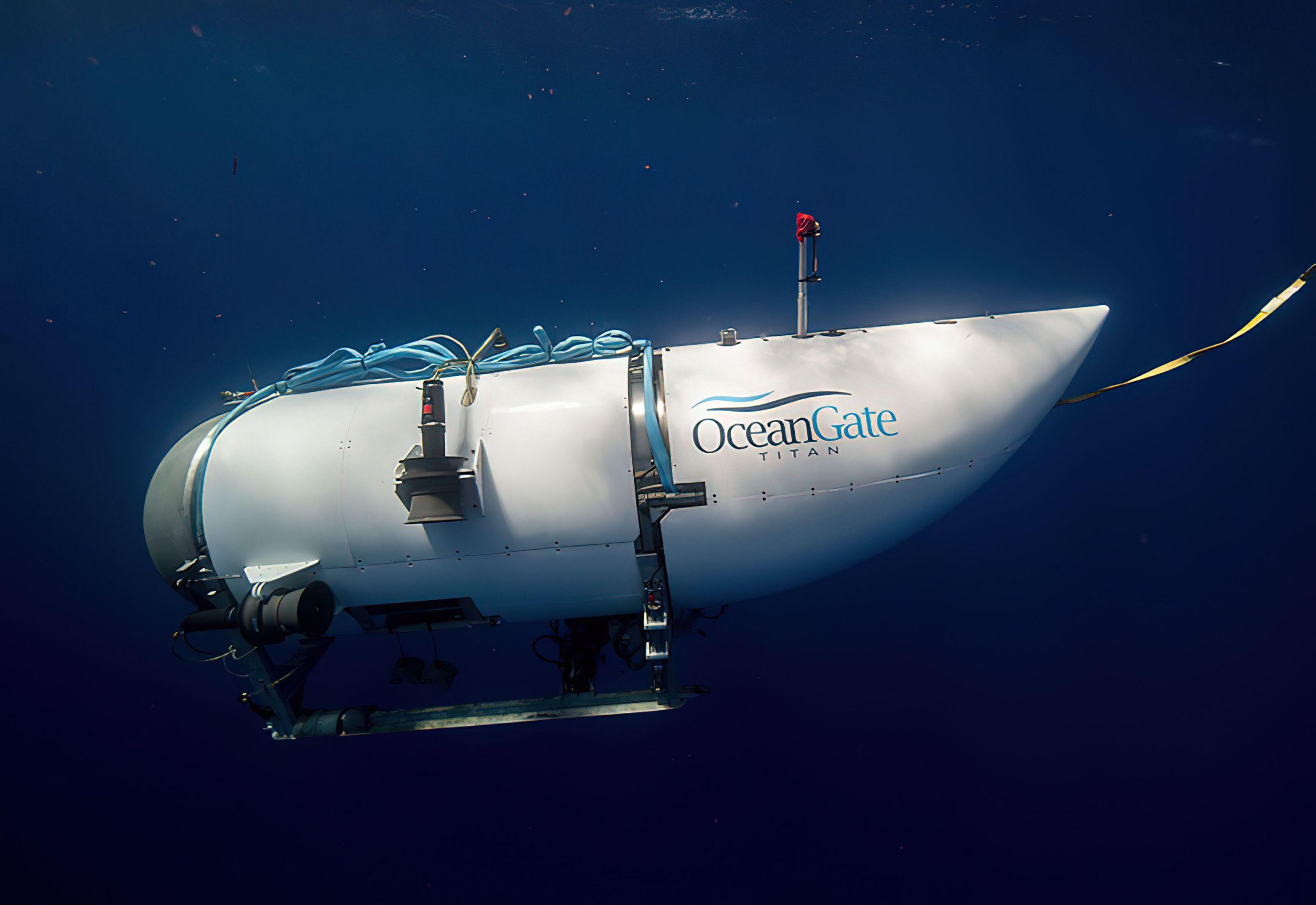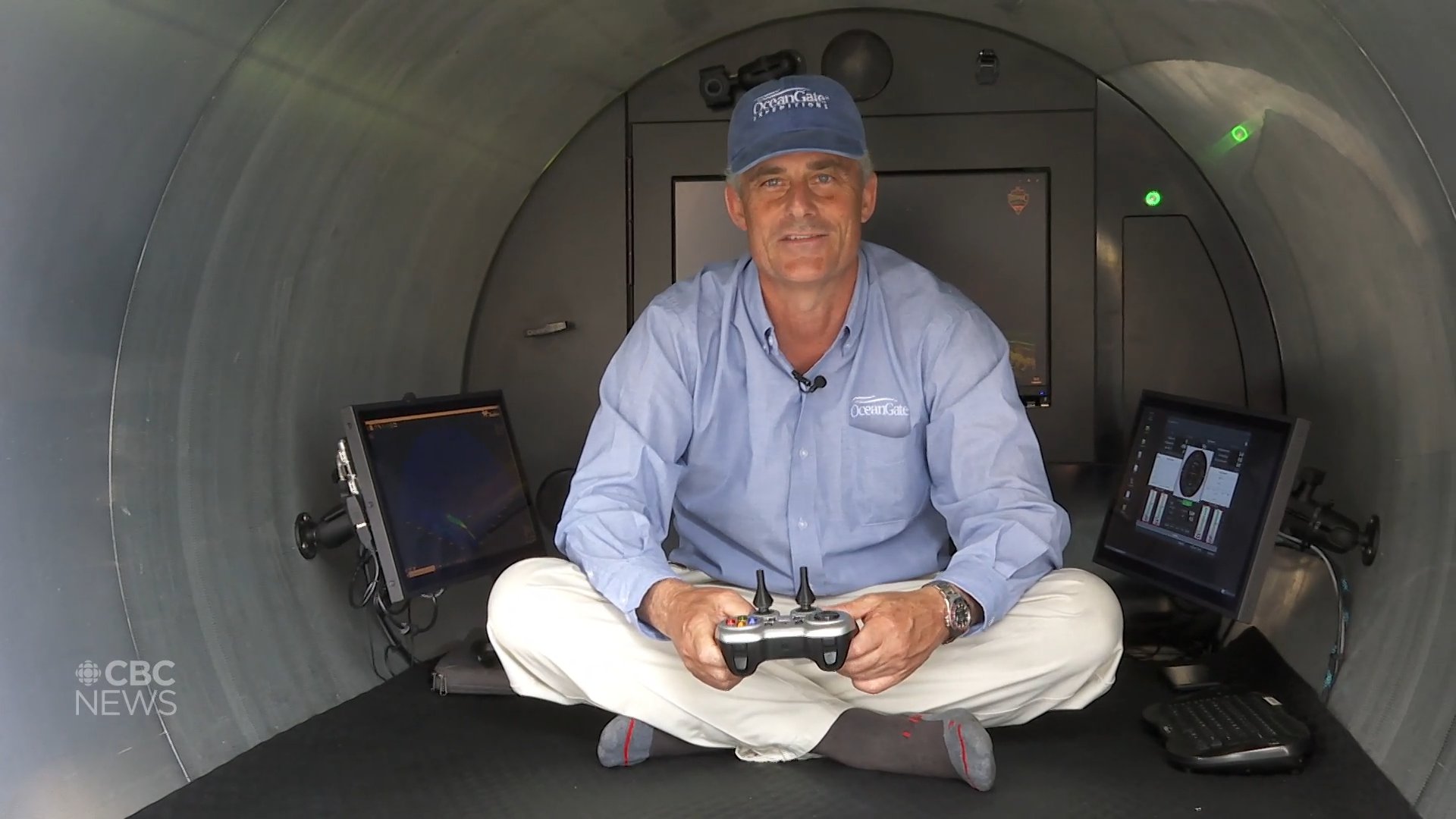
The that costs less than £50, but that’s not the danger it sounds like.
Being , two-and-a-half miles below the surface of the ocean, is scary enough but the idea that you’re trusting your life to a £42 video game controller makes it seem even worse. Except the choice of gamepad is not a strange as it may seem.
The has gripped people around the world, after five undersea explorers attempted to .
Their fate remains uncertain but one of the strangest details so far is that the submersible is being controlled by a cheap, third party controller called the Logitech F710 – which was first released in 2011 and is available on for .
Although you might expect some sort of complex, bespoke controller, or at least a similar to those used in video game flight simulators, using ordinary gamepads is actually very common with both civilian and military vehicles.
The US military has been using Xbox controllers for years, especially for piloting unmanned aerial vehicles (UAVs), with the fact that they’re a familiar device making it easier for soldiers to learn the controls.
For similar reasons, you can also see Ukrainian troops using ordinary controllers when they show themselves operating drones.

Modern controllers are created with a high degree of precision, especially more expensive models like the , and what is designed for professional esports athletes has proven just as useful for soldiers and pilots.
While it might still seem odd to use such an old, and unremarkable controller for the Titan there is a good reason why it makes perfect sense: the simpler a technology is the less there is to go wrong.
That’s always been the principle behind space exploration and travelling deep in the ocean involves many of the same difficulties.
Not only would a joystick take up more space and have more moving parts to go wrong but even just using a standard Xbox controller or PlayStation 5 DualSense may create problems. Modern gamepads are multi-functional but are prone to a fault called where the analogue stick causes movement in a game even when it’s not being touched.
Exactly why this happens has never been fully explained but with the Nintendo Switch, at least, it’s thought to be because the small controller is packed with so many functions and components in such a small space.
By comparison, the Logitech F710 is a much simpler device and there’s a lot less to go wrong. Whether that was the logic that went into choosing it isn’t clear but whatever’s gone wrong with the Titan it’s unlikely to be anything to do with the controller.

Follow Metro across our social channels, on Facebook, and
Share your views in the comments below




















